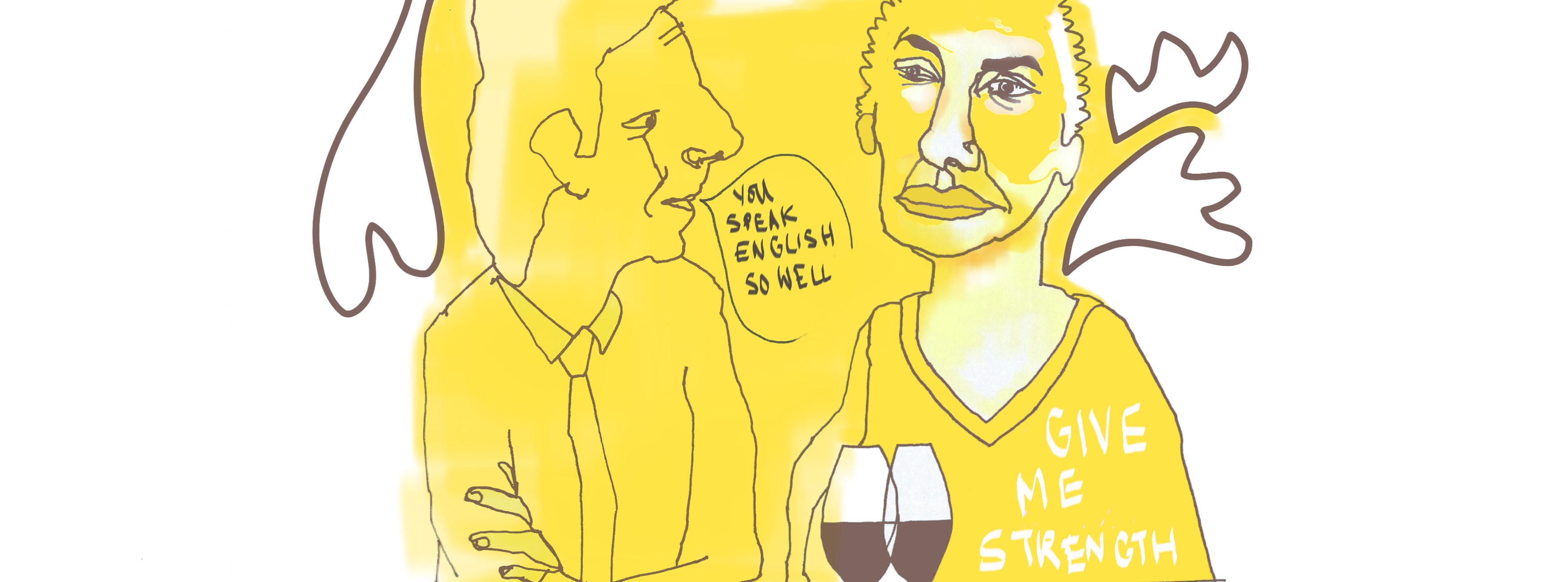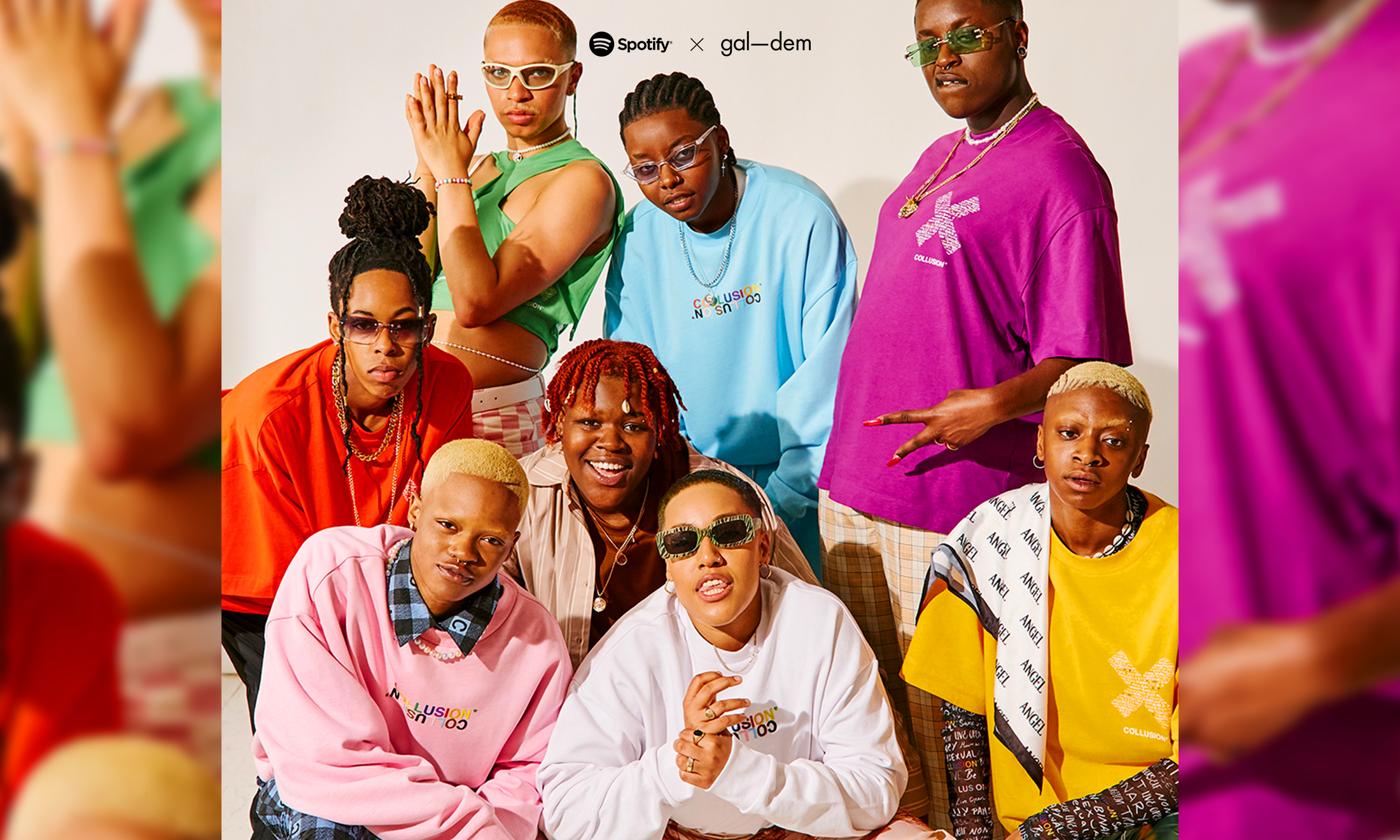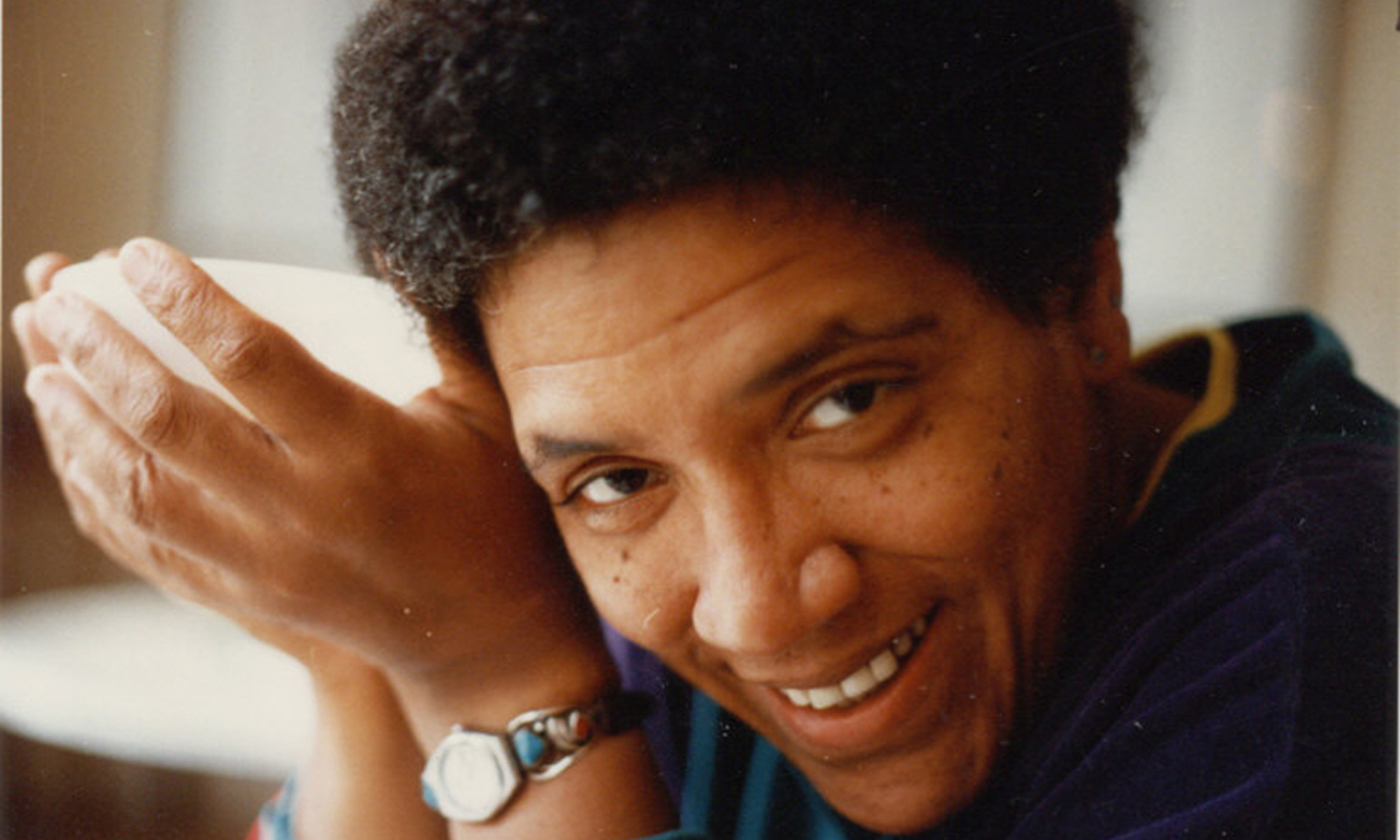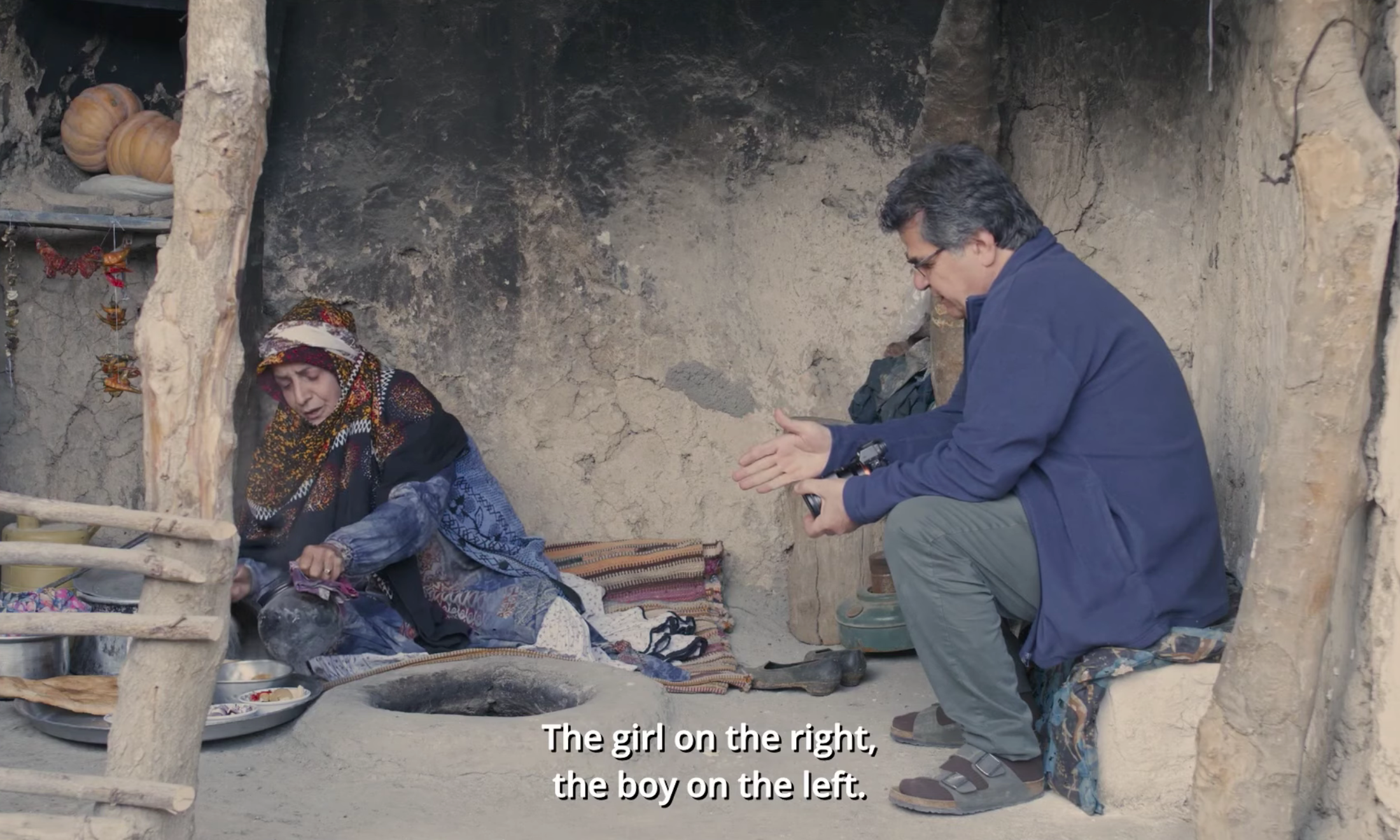
It’s a casual Wednesday night, and I’m taking a slow bus from Oxford Circus to my home in East London. My phone buzzes in my bag. The second time it buzzes, I unlock the screen, and discover that my Whatsapp is poppin’ off.
“guys i have to share something hilarious”.
My pal Delia types quickly with no caps. As the app tells me “Delia is typing”, I picture her frantically tapping away, expertly piecing together another story which we will all respond to with appropriate emojis.
My Whatsapp group is modestly named “Dream Team” followed by a bunch of flags from different countries, and a cheery cocktail glass. The participants – three of my best friends; all children of first and second generation immigrants – are spread across two, sometimes three, continents. From Dhaka to London, and New York to Bogotá, Valletta and beyond, our sympathetic side eyes and eye rolls ripple like stardust across cyberspace.
We are all women, and we are all women of colour. In this Whatsapp group, we share snippets from our lives in lieu of face-to-face rendez-vous. Exchanges are more sparse and furious than fast and furious; days of silence are followed by one of us posting a message, sparking a conversation which will zip-zap across three, sometimes four, time zones. Topics range from unsolicited dick pics and updates on our careers (or lack thereof), to smasual racism (casual racism’s pantsuit-wearing older sister), and whether it’s ever ok for white girls to wear bindis (answer: er…no).
Our group is a virtual safe space: a slumber party in my pocket where no grievance or experience is too trivial for analysis. Whilst our experiences as four mixed-race black, south and east Asian women differ greatly, there is a priceless camaraderie in this space we have created, within which we never have to apologise for our perspectives.
My phone buzzes. Delia has come up with the goods:
“So I was at a party on friday and got talking to a guy. He seemed intelligent. He asked me out on a date the other day and I just messaged him saying I have too much on at the moment.
“His reply:
“Yeah, no worries about tomorrow […] Don’t stress on it, but I definitely would be happy to meet up when you are free. Mostly I am surprised you put up with my rambling about synthetic biology at like 4am, so probably you are a person I’d like to hang out with again. Also cute af Korean girl <heart eyes emoji> I still can’t believe how well you speak English for having moved over when you were 12! I mean that’s 14 years to practice but still…”
The message rambles on along this general trajectory; the guy insists again on them meeting up (despite her plain refusal) and reflects that “we are living pretty close to each other so it should be pretty simple and a spontaneous invite might just work”.
Work for who, I wonder, and to what ends?
It only takes a few seconds for the responses to pour in.
“OH. MY. GOD”
“That is brilliant. 14 years but still – no biggie. Anyway inaccurate, no? Didn’t you move over when you were 8?”
“Literally love this message, can’t stop reading it”
“Next he’ll be asking if you know any karate. Or know Bruce Lee.”
“Ok let’s see if I can get him to compare me to a Charlie’s Angel-”
For the uninitiated, the concept of a safe space is a little bewildering. Sociologist Patricia Collins Hill describes safe spaces as a place in which black women can “speak freely” with each other.
Safe spaces are critical forums where women can self-define, rather than having their existence and value be defined by others. As radical feminist and civil rights activist Audre Lorde wrote, “If I didn’t define myself for myself, I would be crunched into other people’s fantasies for me and eaten alive”.
Like a “cute af Korean girl”, I suppose.
Safe spaces allow breathing room for women, and women of colour in particular to take steps towards empowerment. This is a critical readjustment which in turn contributes to the formation of a society outside of the safe space, which can function better as a result, or at the very least whose harm is blunted and abated by the power gathered in the space.
My Whatsapp group is not a formal safe space insofar as we don’t have a written policy or guidelines. But it is a space where, whether by design or circumstance, the voices of white men are shut out. It feels frankly liberatory to take up as much space as I need to relay whatever nonsense sexist remark I’ve just experienced, knowing that I won’t be met with incredulous remarks of “Really?! No!…is there any chance you misheard? Perhaps you’re reading too much into it”.
And this all-woman space is free of any physical judgement. All energy and attention is given towards sharing words and wisdom; absorbing each other’s messages of fear, and missives of fire. In the two years we’ve been Whatsapping, we’ve never sent a single photo of ourselves to this group. No selfies. No “what do you think of these shoes?” (although both these activities are totally valid); just shaky snaps of newspaper articles, photos of Britain First protestors at a “Refugees Welcome” demo, and, hilariously, a screenshot from Instagram of a white dude taking a sombre selfie with “Je Suis Charlie” written on his washboard abs.
A cursory internet search throws up a load of articles explaining “Why You Need to Quit Whatsapp Right Now”, and testimonies by predominantly men, explaining that deleting Whatsapp allowed them to have “deeper” conversations. But for some women of colour, our daily grind is maintaining a veneer of sweet civility, and keeping our “deepness” locked away. The likelihood, and consequences of others misunderstanding and dismissing our innermost thoughts in “unsafe” spaces are, at this point, too exhausting.
And so I’ll maintain my online spaces; I’ll grow and nurture them like a small patch of grass in a barren garden. As Lorde said: “women are powerful and dangerous”; our virtual safe spaces can bring healing, and restore strength.









